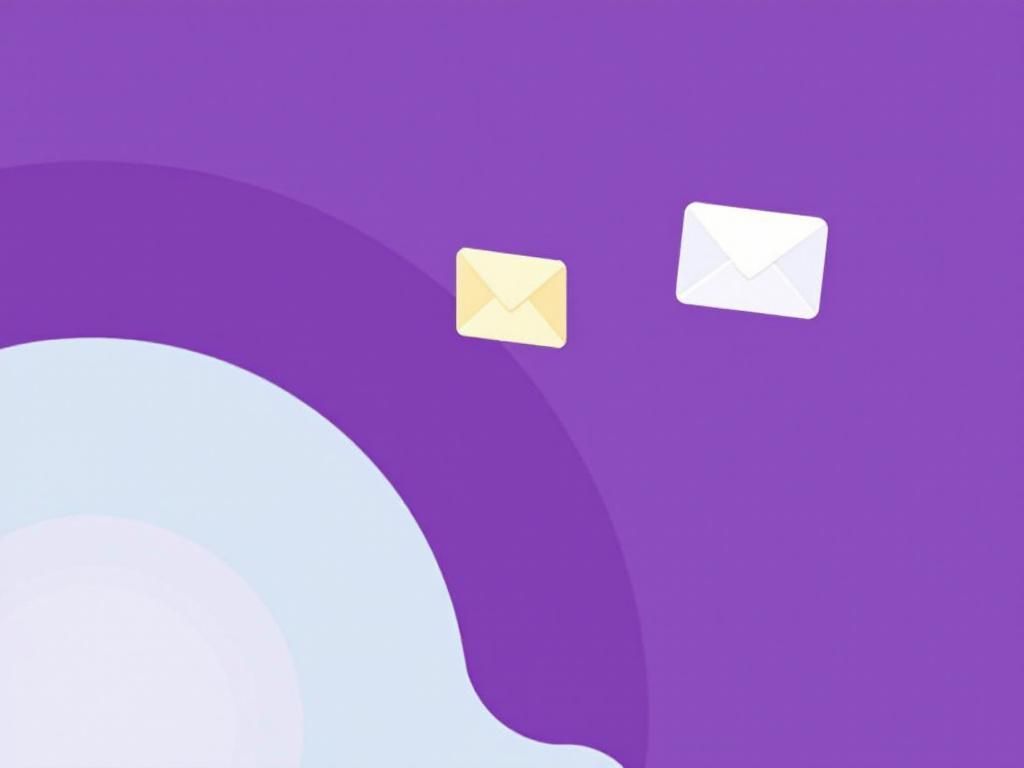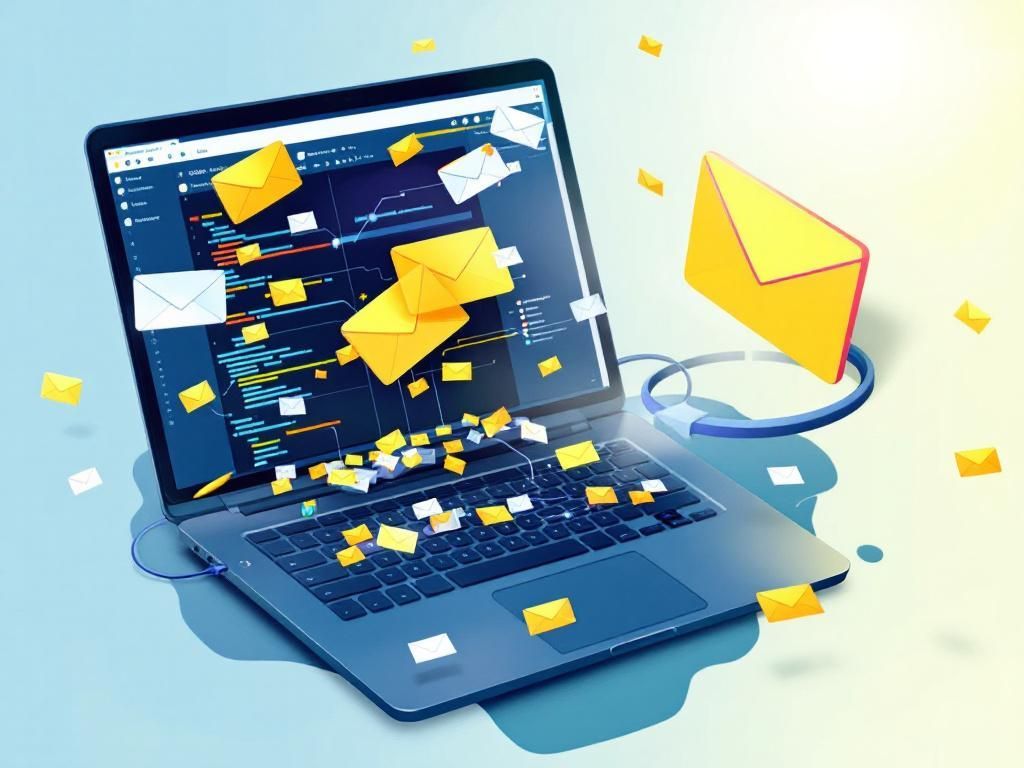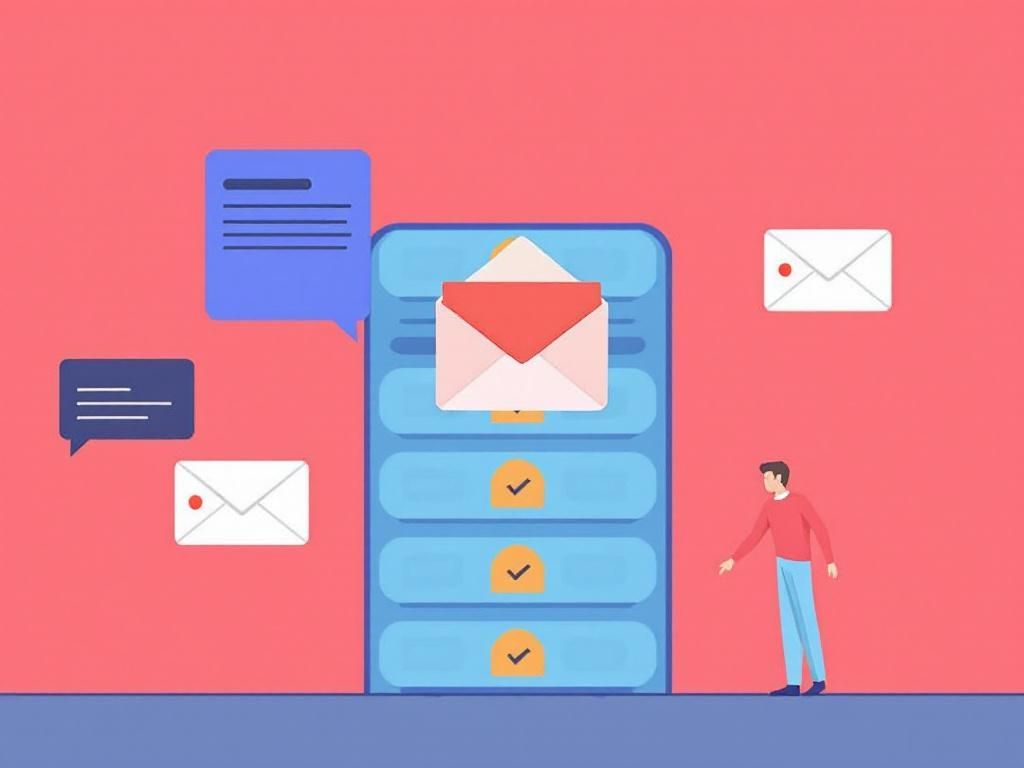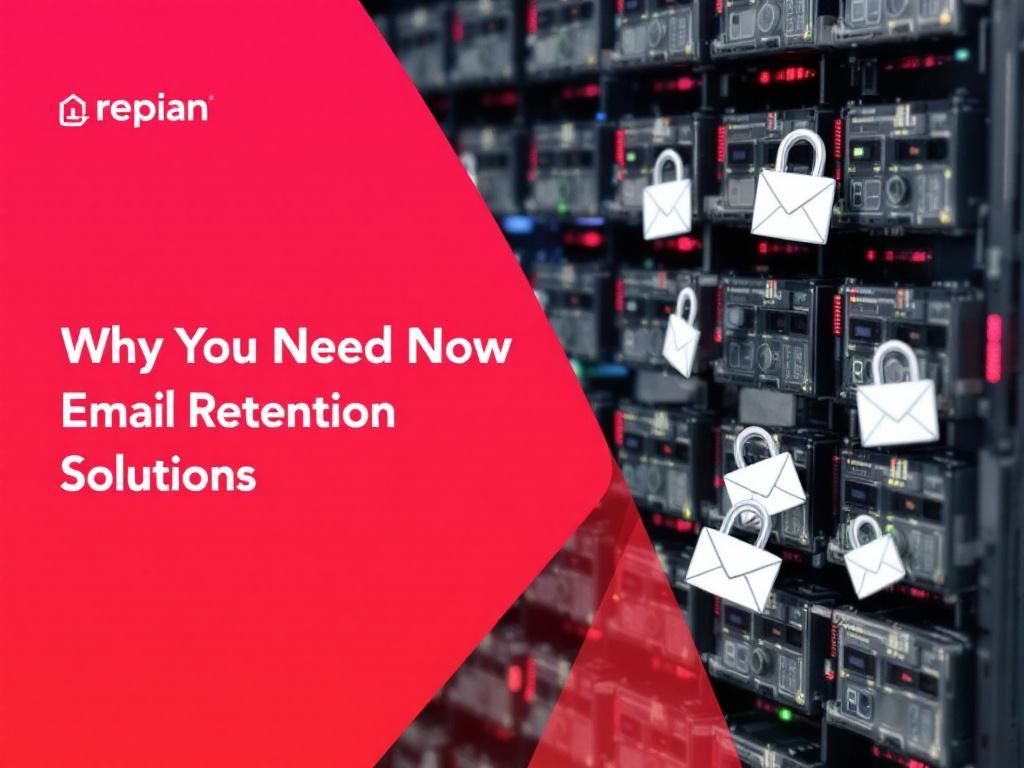Unlocking the Hidden Benefits of Email Archiving
Discover the essential benefits of email archiving for businesses, including compliance, storage savings, and improved productivity.
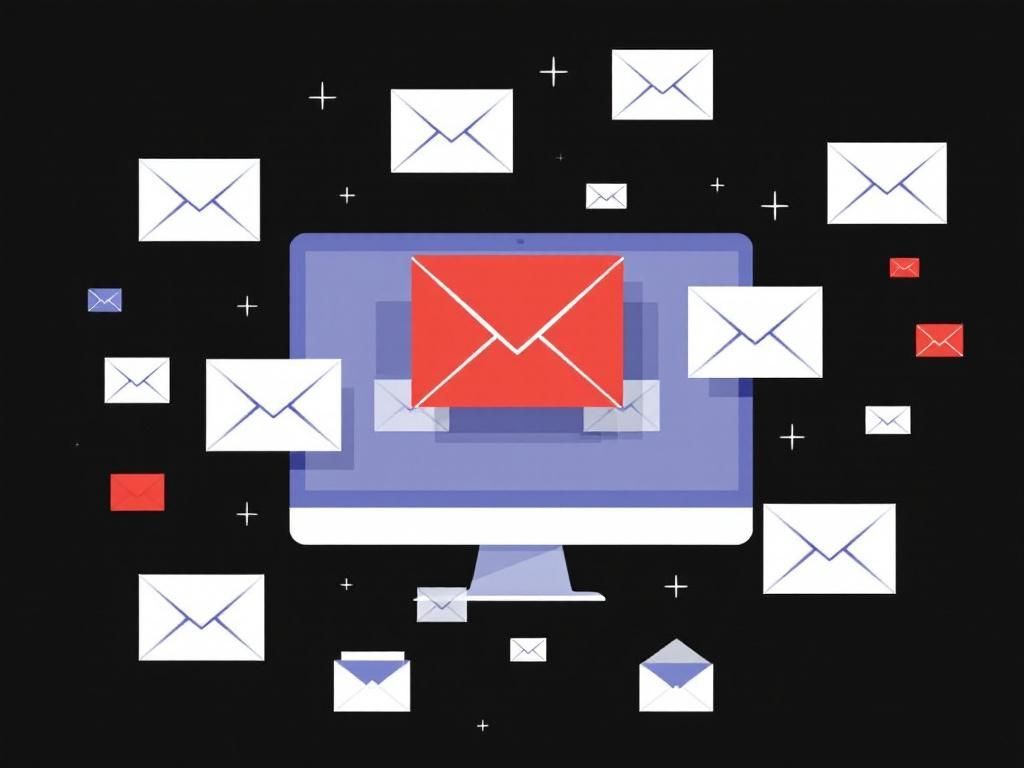
Email archiving has become an essential practice for businesses of all sizes, thanks to the growing volume of communications that organizations handle daily. As companies increasingly rely on email as a primary mode of communication, the need for effective email management has never been more critical. This article delves into the numerous benefits of email archiving, exploring how it can enhance compliance, boost productivity, and streamline IT operations.
Table of Contents
Understanding Email Archiving
Before diving into the benefits, it’s important to clarify what email archiving entails. Email archiving is the process of capturing, storing, and indexing emails in a secure and efficient manner. This allows organizations to preserve their email communications for future reference while ensuring easy access and retrieval.
Key Features of Email Archiving Solutions
- Data Preservation: Ensures that emails are stored securely and are immutably retained.
- Searchability: Advanced indexing allows for quick and efficient retrieval of email data.
- Compliance Support: Helps organizations meet legal and regulatory requirements regarding data retention.
- Storage Management: Reduces the burden on primary email servers by offloading older emails to an archive.
Benefits of Email Archiving
Implementing an email archiving solution offers several key benefits that can significantly improve an organization’s overall efficiency and compliance posture. Below are some of the standout advantages:
1. Enhanced Compliance and Legal Protection
Businesses are required to adhere to various regulations that mandate the retention of emails for a specific period. Failing to comply can result in hefty fines or legal repercussions. An effective email archiving solution:
- Ensures Compliance: Helps organizations comply with regulations such as GDPR, HIPAA, and SEC rules.
- Facilitates E-Discovery: Streamlines the process of retrieving emails for legal cases, minimizing risks and costs associated with litigation.
2. Improved Data Security
Email archiving systems provide an extra layer of security for sensitive communications. As cyber threats continue to evolve, businesses must prioritize the security of their data. The benefits include:
- Data Encryption: Many archiving solutions offer end-to-end encryption to protect data both at rest and in transit.
- Access Controls: Granular permissions ensure that only authorized personnel can access archived information.
3. Cost-Effective Storage Solutions
As the volume of emails grows, so does the need for efficient storage solutions. Email archiving can help reduce costs in several ways:
- Reducing Storage Costs: By offloading emails from primary mail servers, organizations can save on storage costs and improve server performance.
- Optimizing Backup Resources: Archived emails can often be excluded from routine backups, resulting in less data to manage and lower backup costs.
4. Increased Productivity
Employees often waste valuable time searching for important information buried in their inboxes. Email archiving improves productivity in the following ways:
- Quick Retrieval: With robust search functionalities, employees can quickly locate the information they need without sifting through countless emails.
- Streamlined Workflows: Eliminating clutter from the inbox allows employees to focus on priority tasks.
Email Archiving Best Practices
To fully leverage the benefits of email archiving, organizations should consider implementing the following best practices:
1. Choose the Right Solution
Select an email archiving solution that fits your organization’s needs. Consider factors such as:
- Scalability: Can the solution grow with your organization?
- Integration: Does it seamlessly integrate with existing systems?
- User-Friendliness: Is the interface intuitive and easy for employees to use?
2. Establish a Retention Policy
Develop clear retention policies that define how long different types of emails should be archived. This ensures compliance and optimizes storage usage.
3. Regularly Audit Your Archive
Conduct regular audits of your archived emails to ensure compliance with retention policies and identify any potential risks or gaps in your archiving strategy.
Conclusion
Email archiving is more than just a compliance measure; it is a strategic tool that can enhance business operations, improve security, and drive productivity. By adopting a robust email archiving solution, organizations can effectively manage their email communications, protect sensitive data, and ensure they are prepared for any regulatory or legal challenges that may arise. In today’s digital age, the benefits of email archiving are simply too significant to overlook.
FAQ
What are the primary benefits of email archiving?
Email archiving helps in data retention, compliance with regulations, enhanced storage management, and improved email search capabilities.
How does email archiving improve compliance?
Email archiving ensures that organizations can easily retrieve and store emails in accordance with legal and regulatory requirements, reducing the risk of non-compliance.
Can email archiving help with storage management?
Yes, email archiving frees up valuable server space by moving older emails to an archive, ensuring that active email systems run efficiently.
What impact does email archiving have on email search capabilities?
Email archiving enhances search capabilities by allowing users to quickly locate historical emails through advanced search functionalities, saving time and increasing productivity.
Is email archiving essential for disaster recovery?
Absolutely, email archiving plays a crucial role in disaster recovery by ensuring that important communications are preserved and can be restored in the event of data loss.
How does email archiving benefit overall organizational efficiency?
By streamlining email management and retrieval processes, email archiving contributes to improved organizational efficiency, enabling employees to focus on core tasks rather than searching for lost emails.

